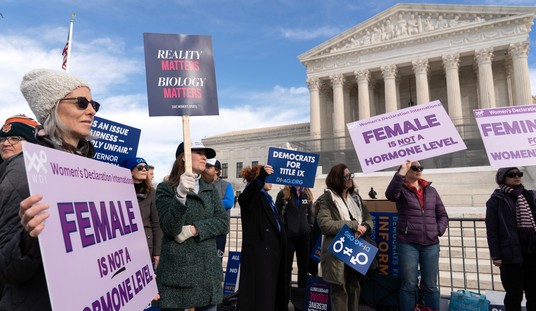WASHINGTON (BP) -- Arizona lawmakers' efforts to enact some restrictions on abortion and abortion-performing organizations have suffered two setbacks.
Acting Wednesday (Aug. 1), the Ninth Circuit Court of Appeals blocked implementation of a ban on abortions at 20 weeks or more into pregnancy based on evidence a baby in the womb experiences pain by that point. The appeals court, based in San Francisco, granted a preliminary injunction preventing enforcement of the Mother's Health and Safety Act, which was to take effect today (Aug. 2), according to The Arizona Republic.
Federal Judge Neil Wake halted in a July 27 order enforcement of a law that bars state funding of Planned Parenthood and other organizations that perform abortions. The law also was to go into effect today (Aug. 2), according to a blog post by the Tucson Citizen based on reporting by the Arizona Capitol Times.
The Ninth Circuit's action on the pain-capable abortion ban came only two days after a federal judge upheld the law.
Judge James Teilborg rejected motions to delay the law's implementation and ruled the act is constitutional, The Republic reported. He said the state had demonstrated a "legitimate interest" in restricting abortions beyond 20 weeks of pregnancy, which is 18 weeks post-fertilization. The legislature pointed to "substantial and well-documented evidence that an unborn child has the capacity to feel pain during an abortion by at least 20 weeks of gestational age," Teilborg wrote, according to the newspaper.
Steven Aden, senior counsel for the Alliance Defending Freedom, said in a written statement, "Though the 9th Circuit's stay is regrettable, all it has done is give itself time to fully consider the case. Once it does, it should see the merits of the district court's decision and uphold Arizona's law."
Aden said every innocent life "deserves to be protected. Not only does this law protect children in the womb who experience horrific pain during a late-term abortion, it also protects mothers from the dangers and tremendous psychological consequences of late-term abortions."
Recommended
The Ninth Circuit is not expected to hear oral arguments regarding Arizona's pain-capable abortion ban until late October or early November, The Republic reported.
The pain-capable abortion ban includes exceptions for abortions at 20 weeks or later to prevent the mother's death or "substantial and irreversible impairment of a major bodily function," according to The Republic.
The typical method of abortion at about 20 weeks into the child's development is dilation and evacuation, which involves the use of a clamp or forceps to tear off parts of the unborn baby's body for removal from the womb. A suction tube normally is used to remove any remaining pieces of the child's body.
The measure banning pain-capable abortions also requires an ultrasound procedure on a woman at least 24 hours before an abortion, mandates doctors providing abortions have admitting privileges at a nearby hospital and authorizes a website providing information about fetal development and abortion risks.
Wake said his order halting implementation of the ban on funding for abortion providers would continue until he ruled on a Planned Parenthood request for a preliminary injunction, according to the report by the Capitol Times.
Nationally, the Planned Parenthood Federation of America and its affiliates benefit greatly from federal, state and local governments -- having received $487.4 million in grants, contracts and reimbursements in 2009-10, the most recent year for which statistics are available. That money helps support an organization that performed 329,445 abortions in 2010 -- more than one-fourth of the lethal procedures in the United States for the year.
Gov. Jan Brewer signed the pain-capable prohibition in April and the funding ban in May.
Reported by Baptist Press Washington bureau chief Tom Strode.
Copyright (c) 2012 Southern Baptist Convention, Baptist Press www.BPNews.net
























Join the conversation as a VIP Member